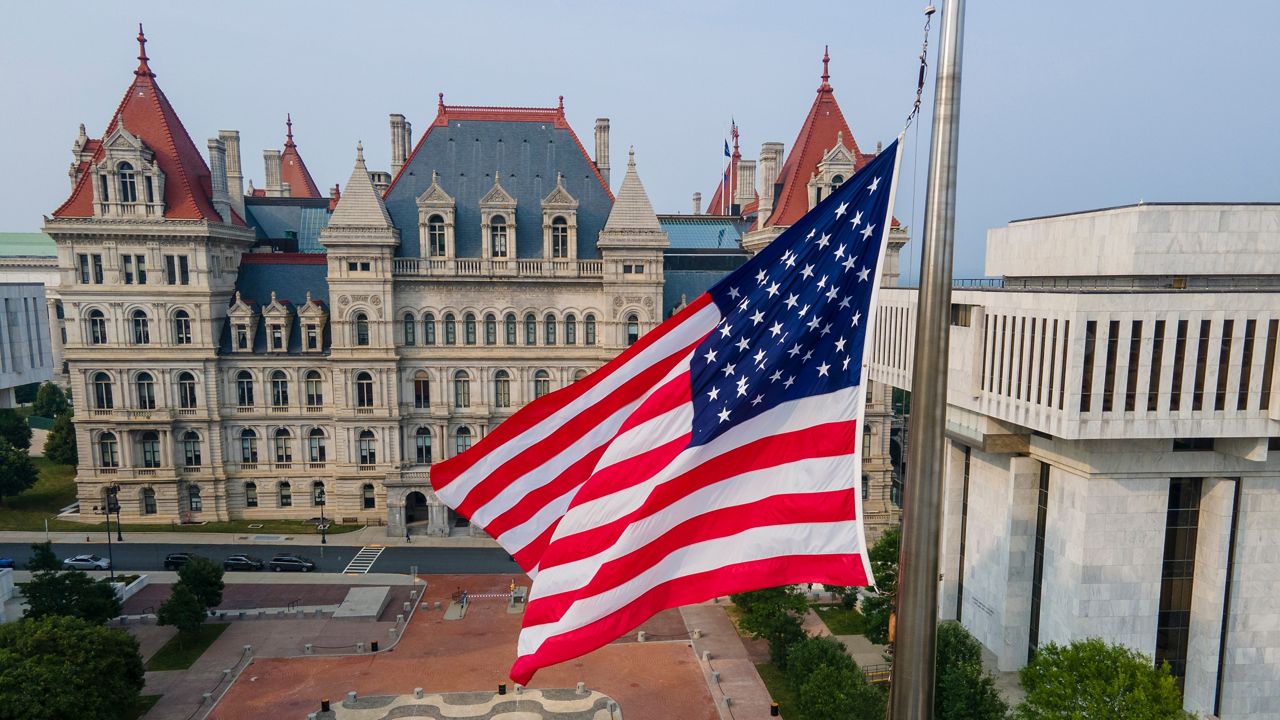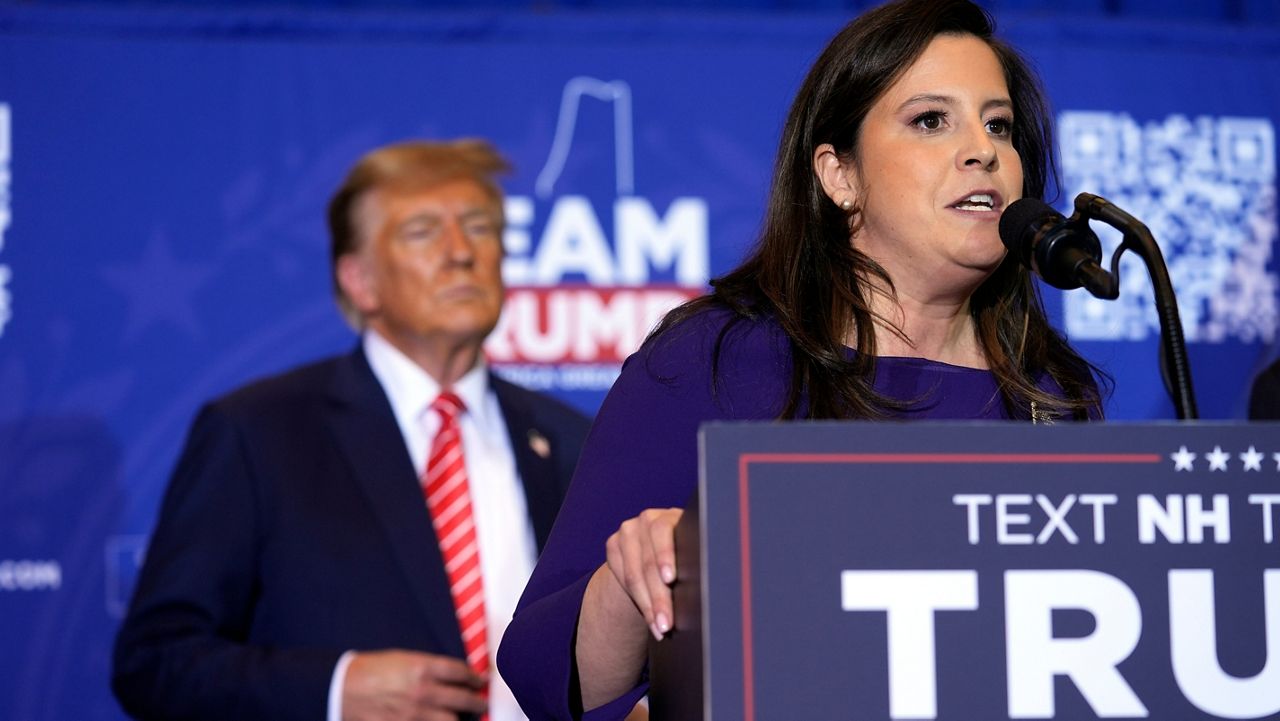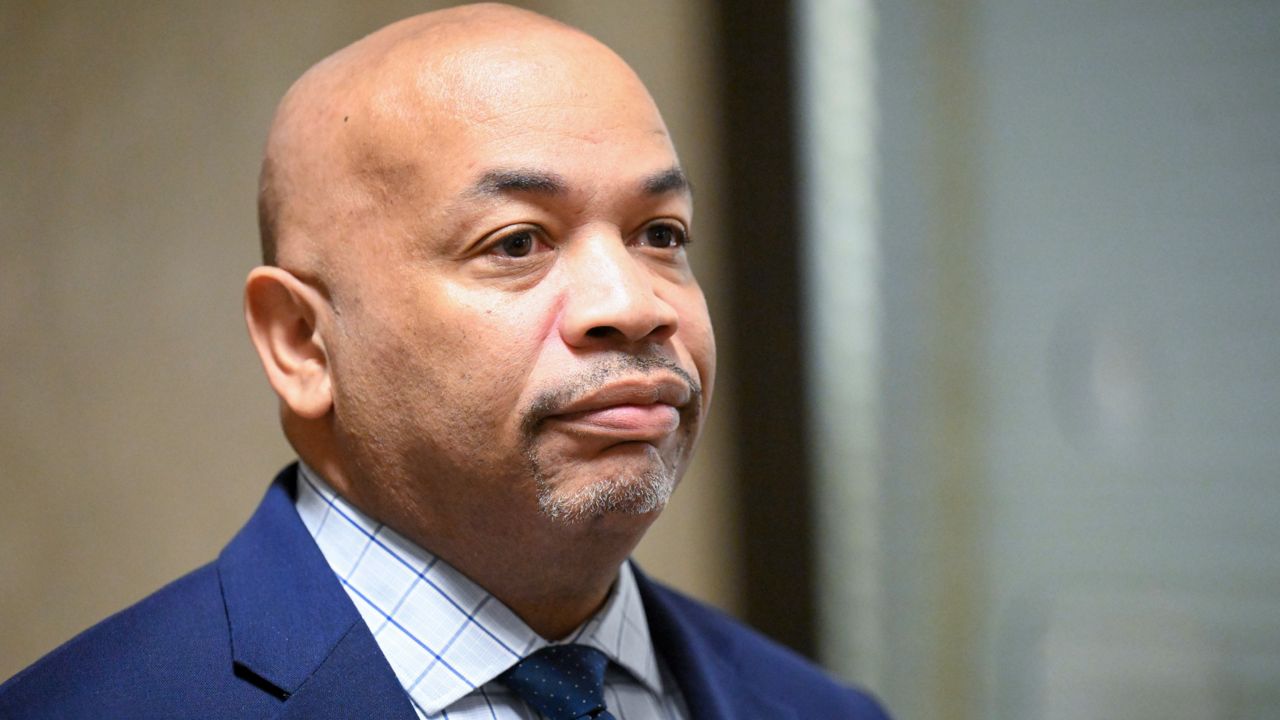For years, organizations that provide services for New York's most vulnerable residents — people who have developmental or physical disabilities — have struggled to retain workers amid a challenging workplace environment and flat pay. And then the COVID-19 pandemic hit.
The public health crisis made service provider crisis even more acute. Like virtually every sector of the economy, the field struggled to find workers. This year, state lawmakers and Gov. Kathy Hochul agreed to bonuses for health care workers and cost-of-living adjustments for people who work with those who work with people with developmental disabilities.
But problems with retaining staff remain. Mike Alvaro, the president and CEO of the Cereberal Palsy Associations of New York State, said the bonuses aren't covering enough workers.
"We desperately need the dollars," he said. "We need to have that so we can compete not only with the health sector, but outside of that."
Having the bonuses will make it easier for organizations that provide support to people with cereberal palsy to attract and retain workers, he said.
"These bonuses are going to be critical retention tools and when we aren't able to provide those bonuses, it puts us at a disadvantage," Alvaro said. "We want to be able to make sure our workers have the full array of benefits in the health system."
Hochul and state lawmakers this year agreed to bonuses for health care workers amid a shortage in the workforce across the state in the wake of the COVID-19 pandemic. Alvaro said his field has struggled too to retain staff.
"We had to struggle to be classified as essential workers up front, which really was a challenge, and then on top of that, we had the day-to-day work of 24-7 operations, 365 days a year and finding staff for that really was a challenge," Alvaro said.
In addition to the bonuses, lawmakers also approved cost-of-living adjustments of more than 5% for those who work with people with developmental disabilities. But Debra McGuinness of New Hope Community said the struggle for workers remains.
"The wages are not there. We are not competitive to the market. They are very stressed by short staffing situations where there's a lot more unforuntately expected of them," she said.
Lawmakers and the governor need to continue to raise the pay for these workers, McGuinness said. At the same time, McGuinness wants these workers to have what's known as a standard occupation classification, a designation that will help fix training disparities, standardized the workforce help boost morale.
"I think the wage in of itself is important," she said. "I think it deters from coming into the field, I think it deters people from coming into the field."
Hochul's office in a statement pointed to the wide range of workers who will benefit from the bonuses.
"Governor Hochul is proud to have worked with the legislature to pass a budget that will provide bonuses to hundreds of thousands of health care heroes in New York State, including many employees of disability service providers such as direct support professionals, mental hygiene workers, occupational therapists, physical therapists, and many more," a spokesperson said. "Governor Hochul is committed to continue building on the ongoing efforts to retain, rebuild, and grow our health care workforce and ensure we deliver the highest quality care for New Yorkers."









